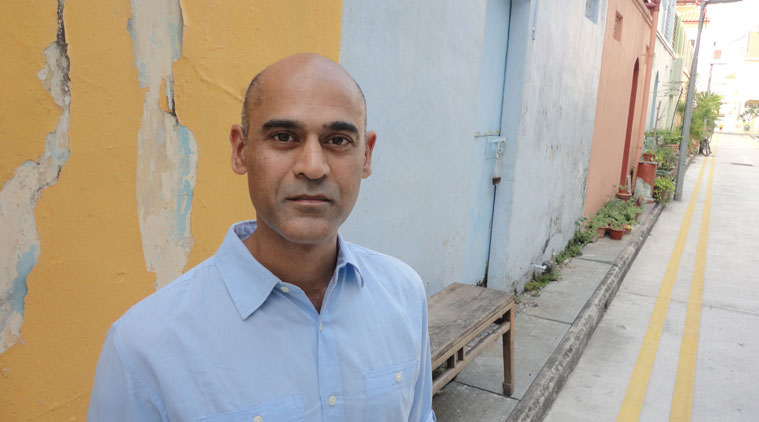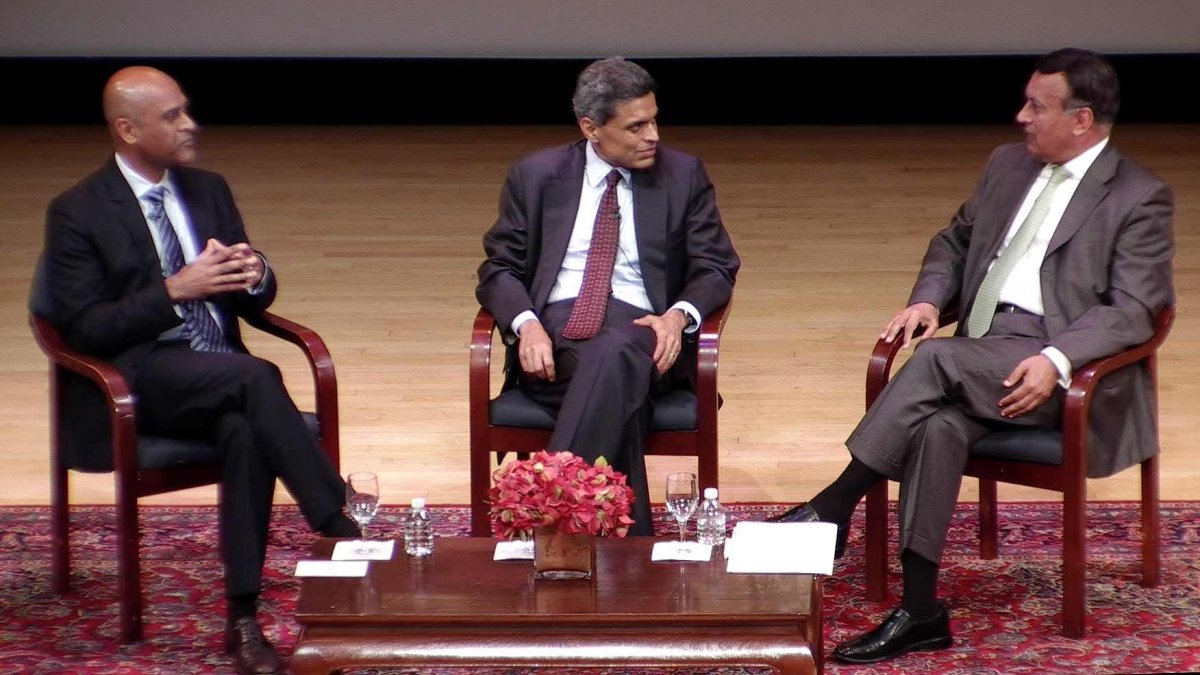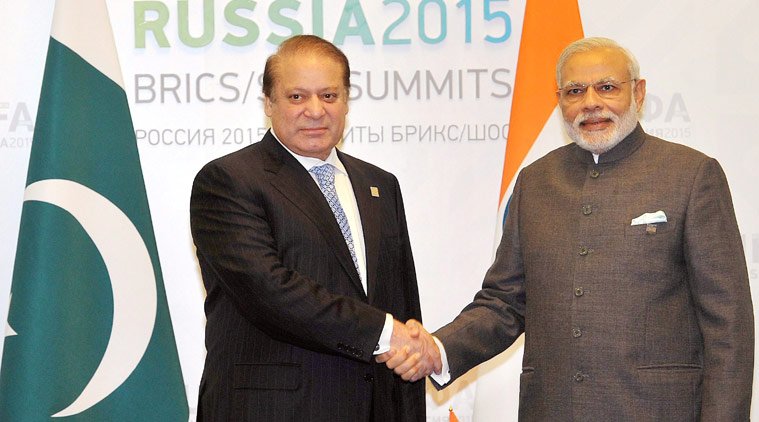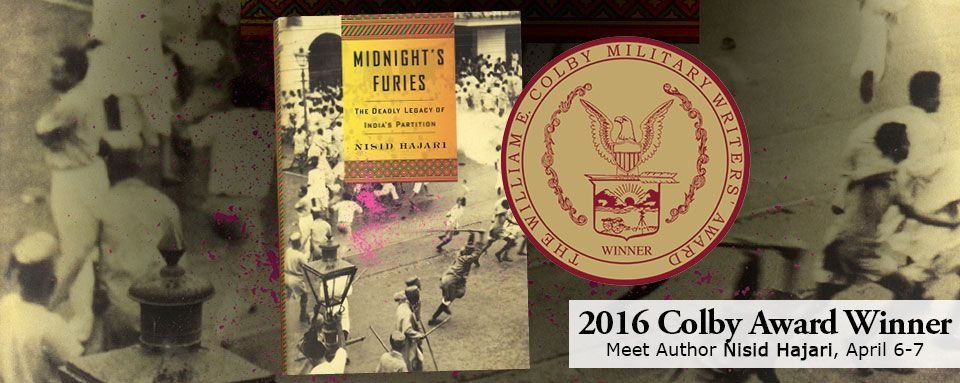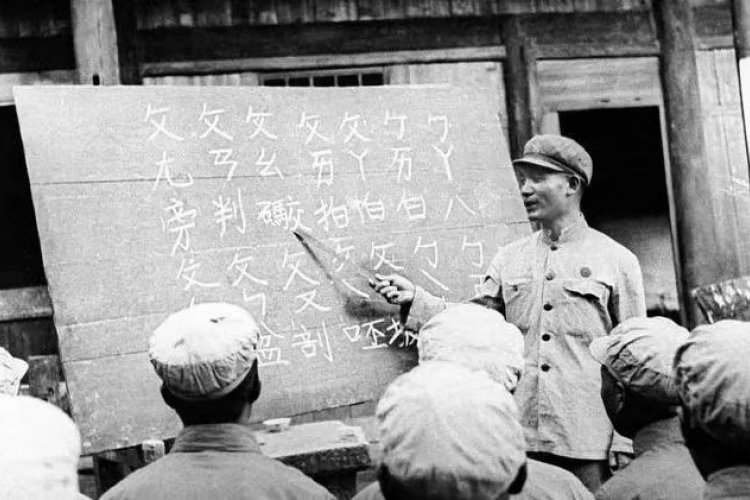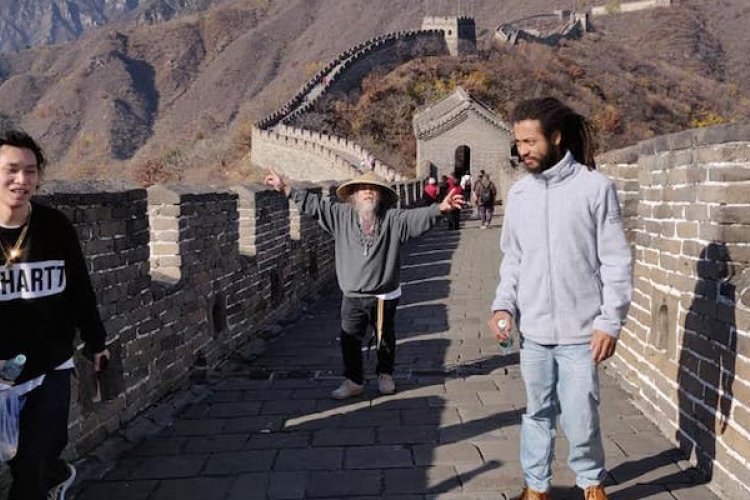The assertion that British gave independence to India and Pakistan in a hurry (in his own words: The last Viceroy, Lord Mountbatten, liked to say that he'd plucked the date out of thin air at a press conference; "), in my humble opinion, is the negation of the struggle done by Mohatamma Gandhi and millions of Indians.
Thanks, that's a very interesting point. Are there other authors who have written about Partition that you'd recommend?
Here's the book writen by the first Prime Minister of India: The Discovery of India (Pdf)
The Idea Of Pakistan : Stephen Philip Cohen was written before partition but Stephen really predicted well what's going to happen.
Azad India Wins Freedom : Free Download ... - Internet Archive Written by the Muslim politician who was against the idea of Pakistan. He thought by creating Pakistan, the hidden motive was to decrease "muslim power" in the south Asia
Two Nation Theory: As a Concept, Strategy and Ideology - Shafique ...
Thanks so much for the recommendations, I'll give 'em a look 

